Keynote speakers
Plenary session 1
Thursday June 9; 10.00–12.15 hrs
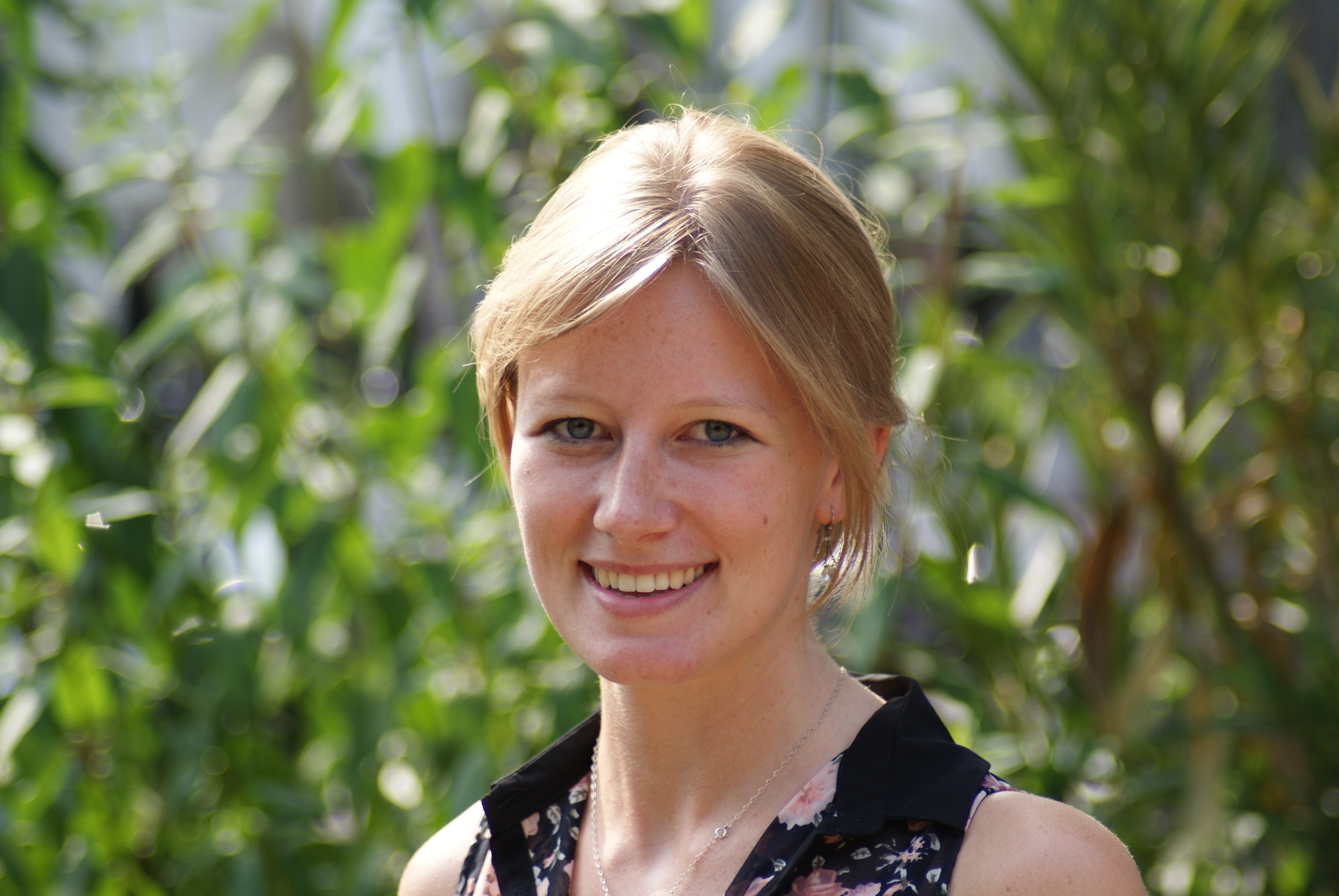
Associate Professor of Psychobiology & Epidemiology, University College London
https://iris.ucl.ac.uk/iris/browse/profile?upi=DFANC73
The role of the arts in mental health: a provocative challenge to the delivery of mental health services?
Globally, we are facing substantial mental health problems and a major challenge of how to provide sufficient mental health services to meet demand. However, there is emerging evidence, as summarised in a recent report from WHO, about the potential of the arts to be used to help promote wellbeing, prevent mental ill-health and support with the management and treatment of mental health conditions. This talk will explore the findings of data from clinical trials and epidemiological analyses, as well as presenting novel theoretical frameworks developed over the past few years to conceptualise the active ingredients in arts activities, their mechanisms of action, and the complex ecosystems in which arts engagement exists. The talk will also discuss the potential of novel interventions such as Social Prescribing to increase arts and cultural engagement as part of patient medical care, and present emerging data from analyses of electronic health records in the UK where Social Prescribing is being rolled out nationally.
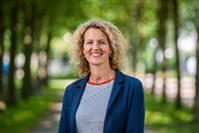
Head of the Centre for Infectious Disease Epidemiology and Surveillance, National Institute for Public health and the Environment (RIVM)
https://www.rivm.nl/en/coronavirus-covid-19/research
Centre for Infectious Diseases, Epidemiology and Surveillance | RIVM
Challenges in research and communication during the Covid-19 pandemic
The goal of the Centre for Infectious Disease Control at the National Institute of Public Health and the Environment (RIVM) is early warning, control and prevention of infectious diseases for the benefit of public health in the Netherlands. The centre coordinates the control of infectious diseases, and conducts research for that goal. Based on available knowledge, we provide advice to the government, to professionals and to members of the public. This presentation will provide insights into our work amidst the COVID-19 pandemic, and what the challenges are in conducting surveillance, research and providing communication in such a period.
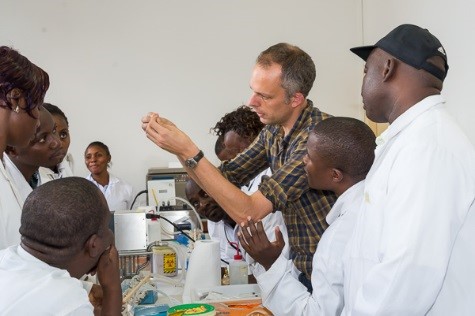
Radboudumc, Nijmegen, the Netherlands; London School of Hygiene & Tropical Medicine
https://www.radboudumc.nl/personen/teun-bousema
African art in science: studying the epidemiology of malaria in low-resource settings
Malaria parasites alternate between human and mosquito hosts. Studying these interactions requires interdisciplinary methodologies borrowed from clinical medicine, molecular epidemiology and entomology. More importantly, it requires perseverance and some luck. Research into poverty-related diseases is intimately linked with performing the art of science in challenging low-resource settings. In this talk, Teun Bousema will share some insights in his recent work on the human infectious reservoir for malaria in African settings. He will talk about superspreaders, transmission bottlenecks and the threat of emerging mosquito species. His scientific narrative will be combined with experiences in doing fieldwork in remote places. Places where some study ingredients that we often take for granted (e.g. informed consent, follow-up and quality control) are much more complicated.
Plenary session 2
Friday June 10; 13.45–15.40 hrs
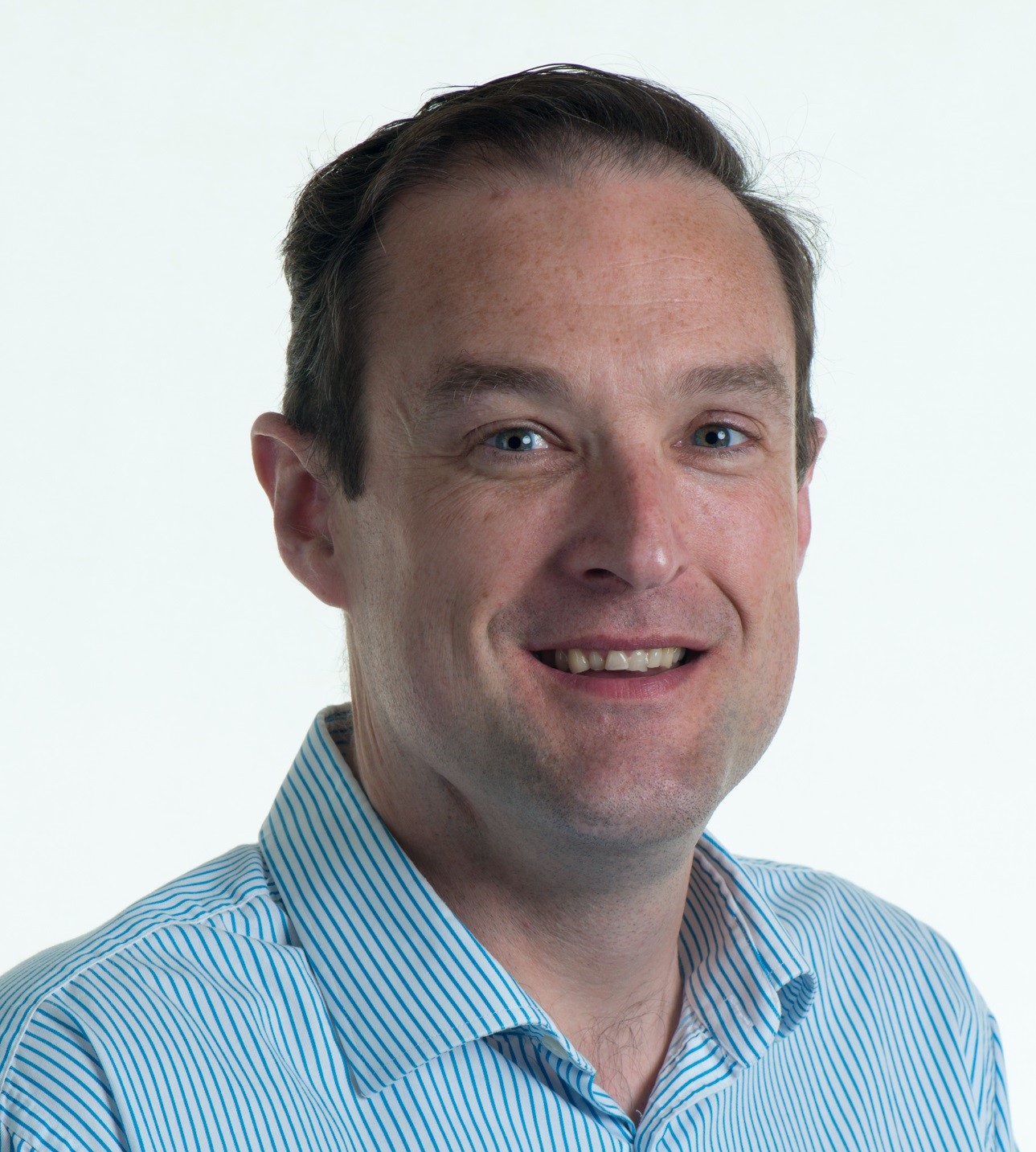
Our Future Health, UK
Our Future Health: A look to the future of early detection research
Dr. Andrew Roddam will introduce Our Future Health which aims to be the UK’s largest ever health research programme, designed to enable the discovery and testing of more effective approaches to prevention, earlier detection and treatment of diseases. It will collect and link multiple sources of health and health-relevant information, including genetic data, across a cohort of 5 million people that truly reflects the UK population. This will create a world-leading resource for academic and commercial researchers to undertake discovery research on early indicators of disease, plus the opportunity to re-contact participants on a risk-stratified basis for secondary studies.
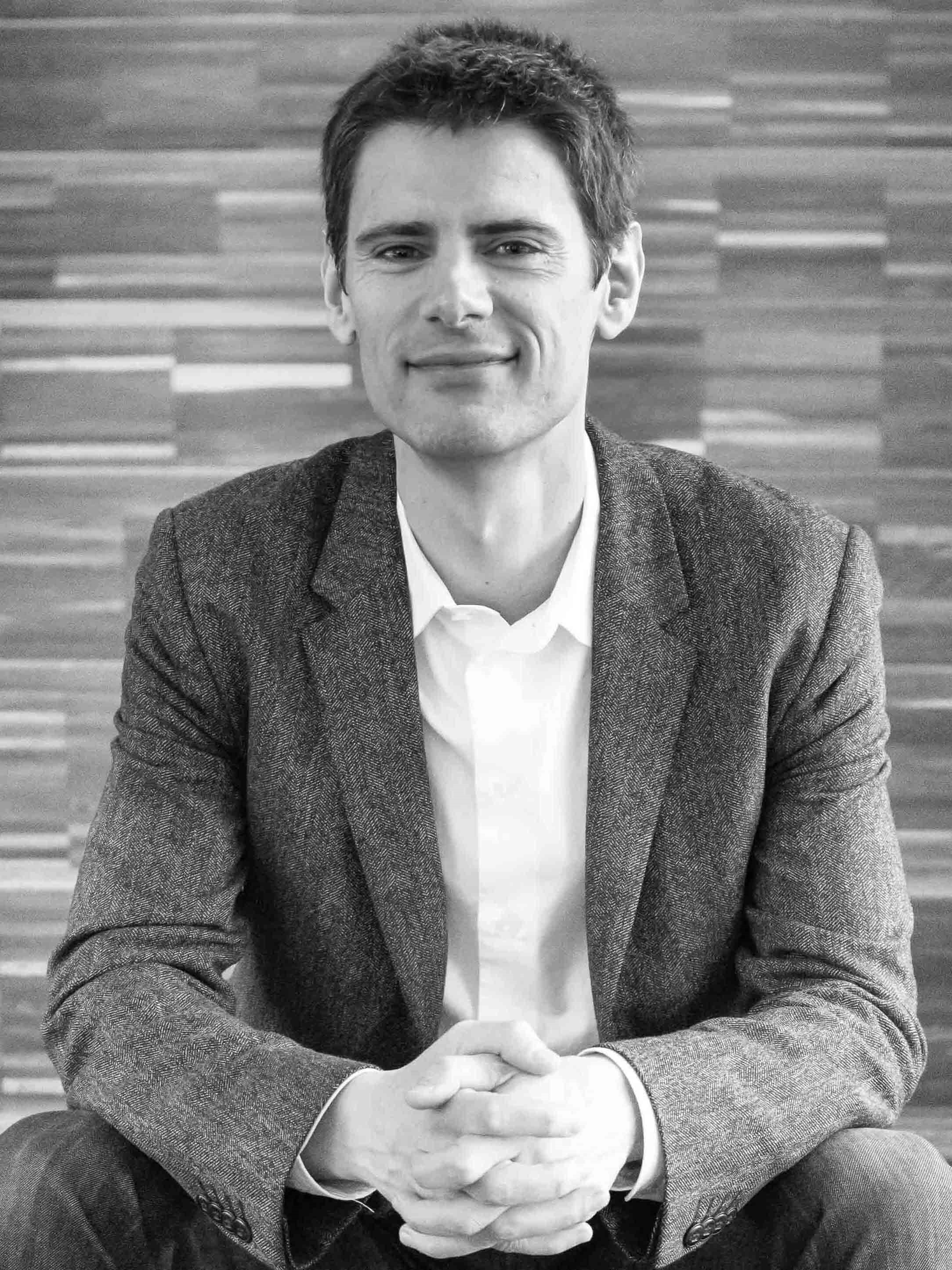
CAUSALab, Harvard T.H. Chan School of Public Health
https://www.hsph.harvard.edu/miguel-hernan/
How do we learn what works when no randomized trials exist?
Making clinical decisions among several courses of action requires knowledge about their causal effects. Randomized trials are the preferred method to quantify those causal effects. When randomized trials are not available, causal effects are often estimated from observational data. Therefore, causal inference from observational data can be viewed as an attempt to emulate a hypothetical randomized trial—the target trial—that would quantify the causal effect of interest. Contrary to what is generally believed, many well-known failures of observational studies were the result of not adequately emulating a target trial rather than limitations of the observational data. This talk explains those methodological failures in non-technical language and describes several examples of how observational data can be used to inform clinical guidelines when randomized trials do not exist.
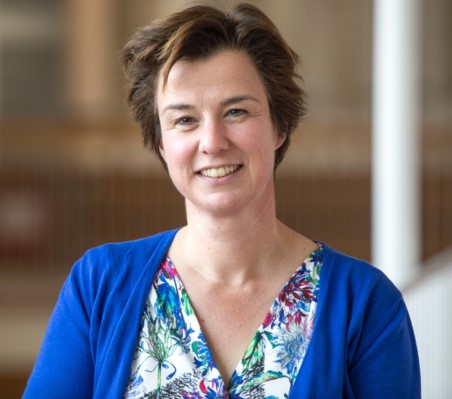
Radboudumc, Nijmegen, the Netherlands
https://www.radboudumc.nl/en/people/maroeska-rovers
The challenges of surgical innovation and evaluation
New surgical innovations are entering health care systems at an unprecedented pace: remote sensors, robotics, 3D-printing, and artificial intelligence are on the cusp of becoming a normal part of surgical care. Such innovative technologies are often regarded as a positive development, but it is hard to predict or establish their role in quality improvement of surgical care. The assessment of these innovations is challenged by factors that depend on operator, team, and setting, such as learning curves, quality variations, incremental development, and perception of equipoise by both patients and surgeons. During the presentation, I will further discuss the challenges and show (alongside some examples) that surgical innovations and evaluation can and should evolve together in an ordered manner from concept, through exploration, to validation and implementation.
WEON 2022 Congres
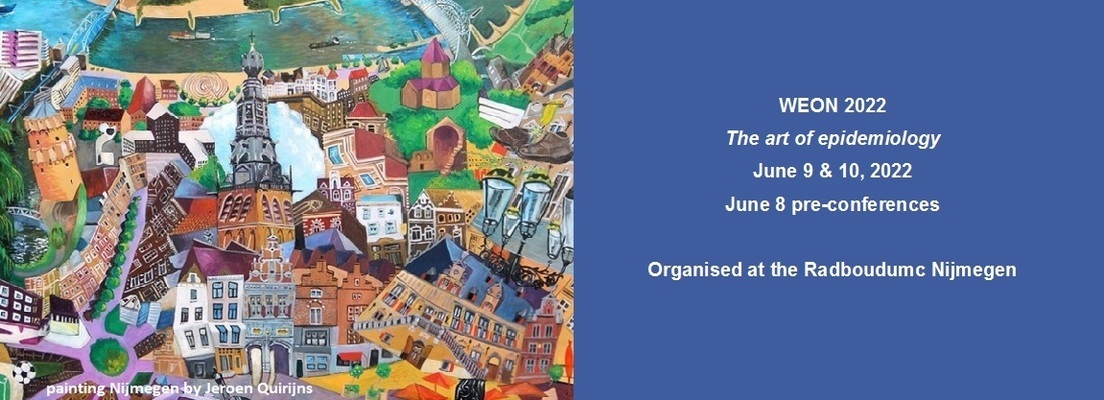 Registration website for WEON 2022 Congres
Registration website for WEON 2022 CongresRadboudumc Health Academyevents.rha@radboudumc.nl
Radboudumc Health Academyevents.rha@radboudumc.nlhttps://registratie.radboudumc.nl/130246
2022-06-09
2022-06-10
OfflineEventAttendanceMode
EventScheduled
WEON 2022 CongresWEON 2022 Congres0.00EUROnlineOnly2019-01-01T00:00:00Z
Radboudumc Experience CenterRadboudumc Experience CenterGeert Grooteplein 15 6525 EZ Nijmegen Netherlands
